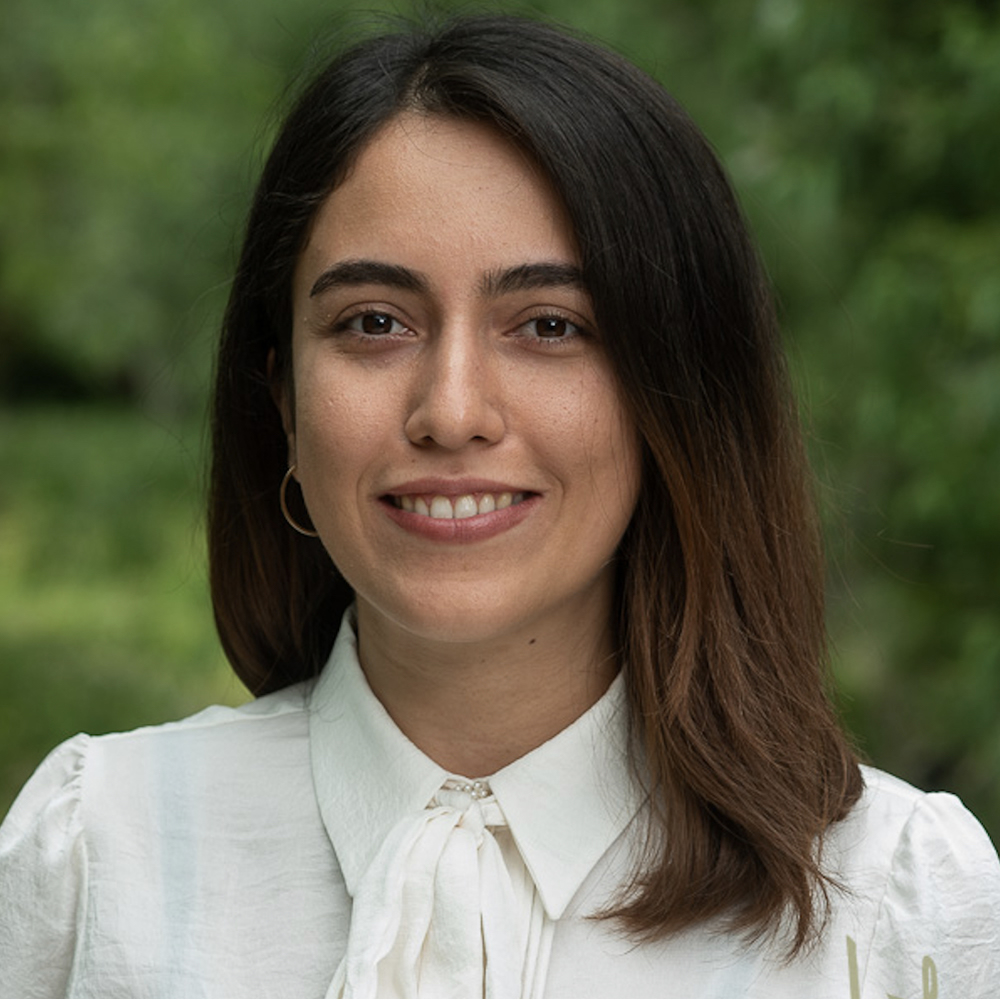
Elnaz Azizi
Postdoctoral researcher
University of Oxford
Dr Elnaz Azizi received the B.Sc. and M.Sc. degrees in electrical engineering from the University of Tabriz, Tabriz, Iran, in 2014 and 2016, respectively, and the Ph.D. degree in electrical engineering from the Tarbiat Modares University, Tehran, in 2021. She was a visiting Ph.D. student with the Department of Electrical Power Engineering and Mechatronics, Tallinn University of Technology, Tallinn, Estonia. In 2021, Elnaz joined Energy and Power group at the University of Oxford's Department of Engineering Science and she worked on applying machine-learning methods in a practical context within the smart local energy systems. Currently she is Eric and Wendy Schmidt Artificial Intelligence Fellow. Her research interests include machine learning, optimization, load monitoring and smart grid. Her multidisciplinary research (energy system and machine learning) has given her opportunity to cooperate with research groups from international universities. She was endorsed by the Royal Academy of Engineering as Global Talent in 2022.
Fellowship: “Translating grid substations data into actionable information via unsupervised load monitoring”: Extracting useful knowledge from the aggregated load at substations level plays an important role in the planning and operation of the distribution grid – enabling smart solutions for demand-side energy management as well as fault detection and recovery. The research aims to develop a learning-based method to extract information from existing grid measurements (active and reactive power, voltage and current).
PhD: Novel approaches towards non-intrusive load monitoring: To accelerate progress in building sustainability as well as to aid balance supply and demand in the presence of renewable energy generation, a tailored characterization method for the energy flexibility (EF) of buildings through load monitoring is needed. In this regard, main aims of the proposed approaches were, i) reducing the complexity of existing approaches, ii) defining the disaggregatibility of the set of appliances in the residential building and iii) identifying the fault of the appliances. My dissertation was selected as the best in the last 5 years from the Control and Power Society of Tarbiat Modares University (Tehran, Iran). As a PhD student I was awarded a grant from the European Regional Development Fund’s Doctoral Studies and Internationalization Programme Dora Plus. This funded my research stay at Tallinn University of Technology (Tallinn, Estonia), where I studied novel methodologies for increasing the flexibility potential of microgrids. This work led to an extended collaboration with the Universidade Nova de Lisboa and Aalborg University.